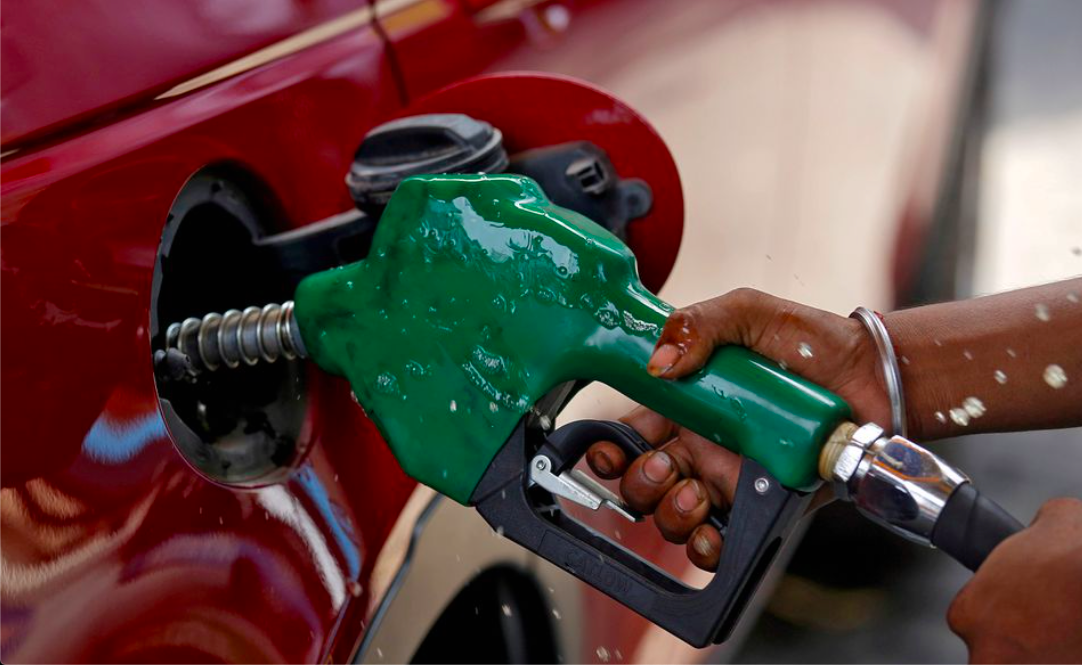SINGAPORE, Sept 27 (Reuters) – Global oil demand is expected to reach pre-pandemic levels by early next year as the economy recovers, although spare refining capacity could weigh on the outlook, producers and traders said at an industry conference on Monday.
The outlook is in line with a bullish forecast from the Organization of the Petroleum Exporting Countries (OPEC), but ahead of estimates from the International Energy Agency (IEA).
Global demand is seen rising to 100 million barrels per day (bpd) by end-2021 or in the first quarter of 2022, Hess Corp (HES.N) President Greg Hill said. read more
The world consumed 99.7 million bpd of oil in 2019, according to the IEA, before the COVID-19 pandemic hammered economic activities and fuel demand.
While a persistent rise in COVID-19 cases across markets has hurt recovery in demand for some refined products such as jet fuel, consumption trends of petrol and diesel indicate growth, industry leaders noted at the Platts APPEC 2021 conference.
“We witnessed a lot of demand destruction as a consequence of reduced economic activity, disruption to transportation, disruption to free flow of goods … But that’s past us,” said Alan Heng, interim CEO of Singapore’s Pavilion Energy.
“We are dealing with the post-pandemic period and we are learning to live with the virus … Energy demand has started to pick up and that’s good news for us.”
Recovering demand is expected to boost profits for refiners and create room for returning or new production, but experts warn that spare refining capacity would be a drag.
“The spare (refining) capacity is probably going to act as a little bit of a cap on margins,” he said.
“This year alone we’ve seen some mega refining (and) petrochemical complexes start up, so I think that’s going to be challenging for refining.”
In China, new mega refiner Shenghong Petrochemical is set to start trial operations soon, while Zhejiang Petrochemical completed two new crude units this year.
Malaysia’s Petronas also hopes to restart operations at its 300,000 barrels-per-day refinery-petrochemical complex with Saudi Aramco by year end, said Arif Mahmood, Petronas’ executive vice president and CEO of downstream.
GLOBAL DEMAND RECOVERY
Brent crude futures have jumped more than 50% this year to their highest since October 2018, helped by a recovery in fuel demand and tighter supplies from the OPEC and its allies including Russia, a group known as OPEC+.
Goldman Sachs expects oil prices to hit $90 per barrel by year-end. Prices are below $80 now.
The OPEC sees global oil demand averaging 100.8 million bpd in 2022, exceeding pre-pandemic levels, while the IEA expects it to average 96.1 million bpd in 2021 and 99.4 million bpd in 2022, versus 90.9 million bpd in 2020. read more
Indian refiner Nayara Energy hopes to operate its 400,000 bpd refinery at close to 100% capacity in 2021 as fuel demand picks up, CEO Alois Virag said. read more
India’s fuel demand is likely to rise by 9%-11% as its economy is “steered towards higher growth” after the easing of the second wave of COVID-19 infections, he said.
“When it comes to refining, petroleum products, we remain cautious,” said Petronas’ Arif, adding that travel curbs continue to weigh on aviation fuel demand recovery.
“We’ll see recovery hopefully towards the end of this year, early next year,” Arif said, adding “there’s oversupply of refining capacity”.
However, in the longer term, a global push towards electrification of road transport to reduce carbon emissions may cut demand for the world’s oil refining capacity by half in 2050, consultancy Rystad Energy says. read more









